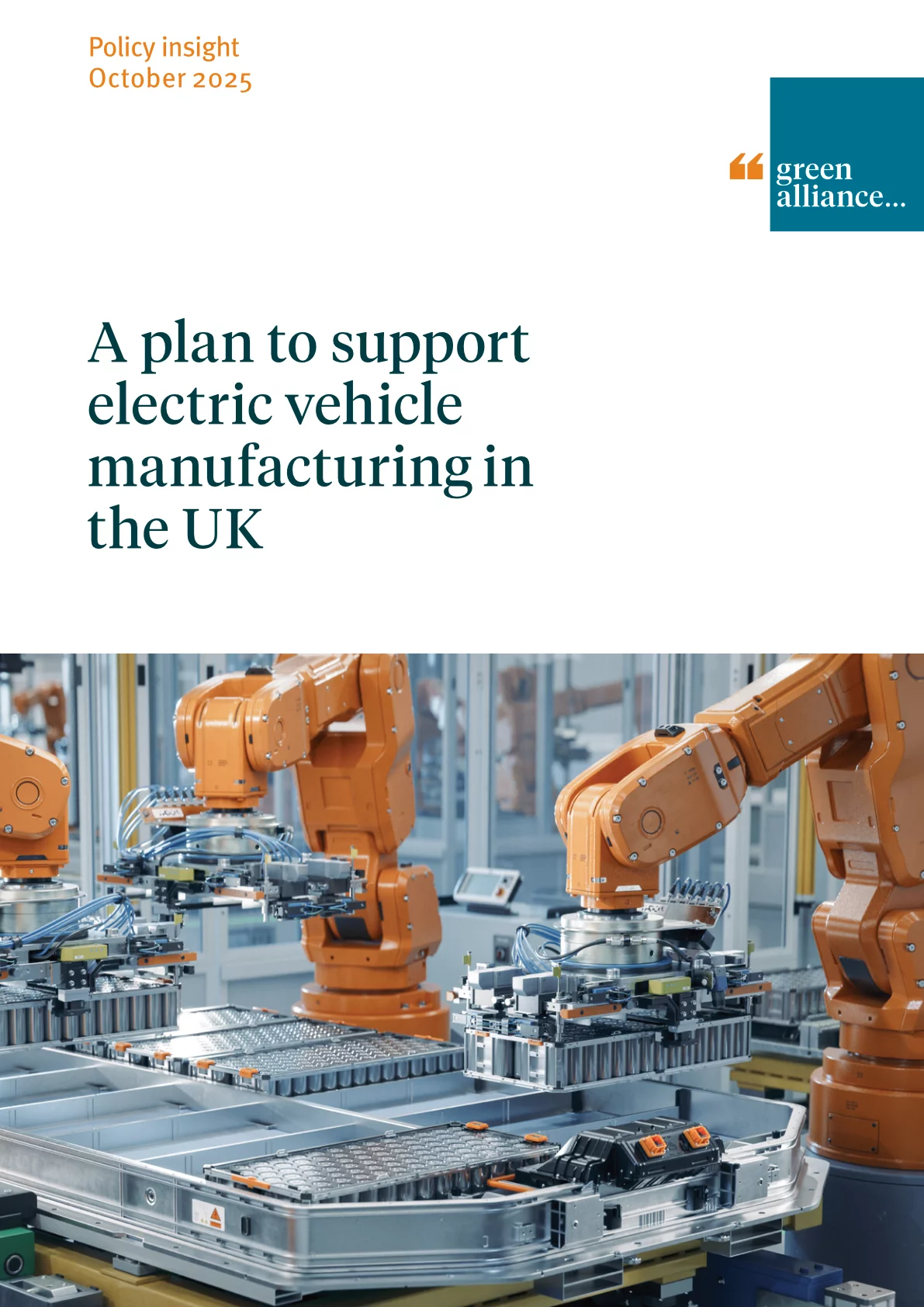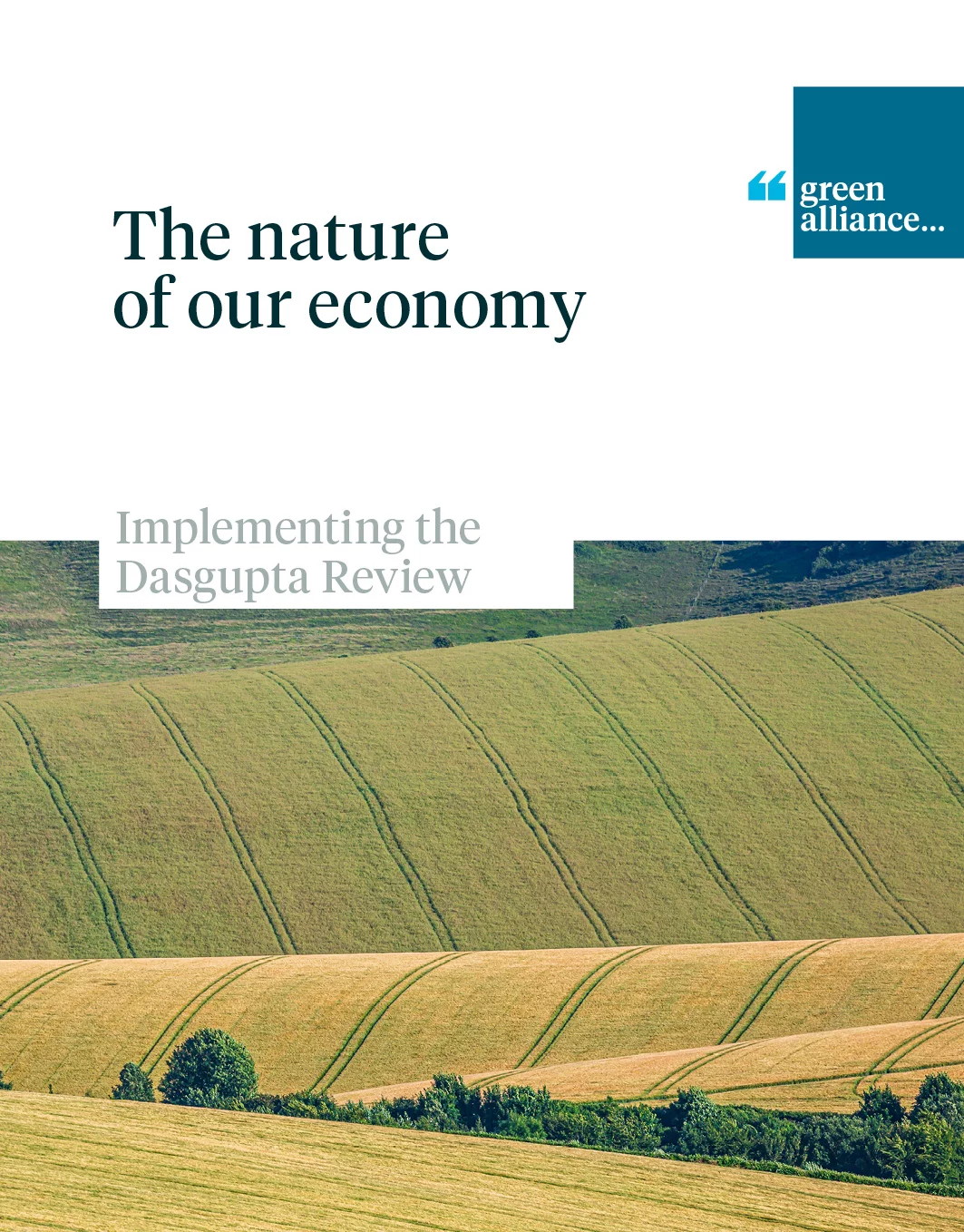Overview
The low carbon economy is a fundamental shift, which will incur a mixture of benefits and costs. It is critical that these benefits and costs are carefully balanced and distributed across all of society over the next three decades.
The government has signalled its desire to achieve a fair and equitable net zero transition through the North Sea Transition Deal. It’s now time to extend this principle across the rest of the economy.
In this project, we will work with organisations beyond the environment sector to develop policy recommendations incorporating social and economic considerations.
Our work
Low to middle income households are being left out of the green transition. The government currently offers support that enables uptake of green technologies to the two ends of the income spectrum but offers little to those in between. For the net zero transition to be successful, it must be built from the middle out.
The government and the opposition must develop a fresh approach to support this income bracket to drive the green transition. As swing voters, alienating these households risks weakening public support for climate action. This report sets out a three point net zero consumer guarantee which commits to offering low to middle income households cost savings, access to green infrastructure and financial support for green investments.
Inflation is higher than it has been for decades. The price of gas was four times higher in January 2022 than it was a year earlier. Petrol and diesel prices are at record levels. The cost of food is going up too.
The action needed to meet the UK’s net zero carbon target will also help to reduce the cost of living, whether through greater efficiencies, cutting demand for fossil fuels or cheaper energy alternatives.
In this report, we outline how policies that cut emissions can also reduce the cost of living, both now and in the future.

